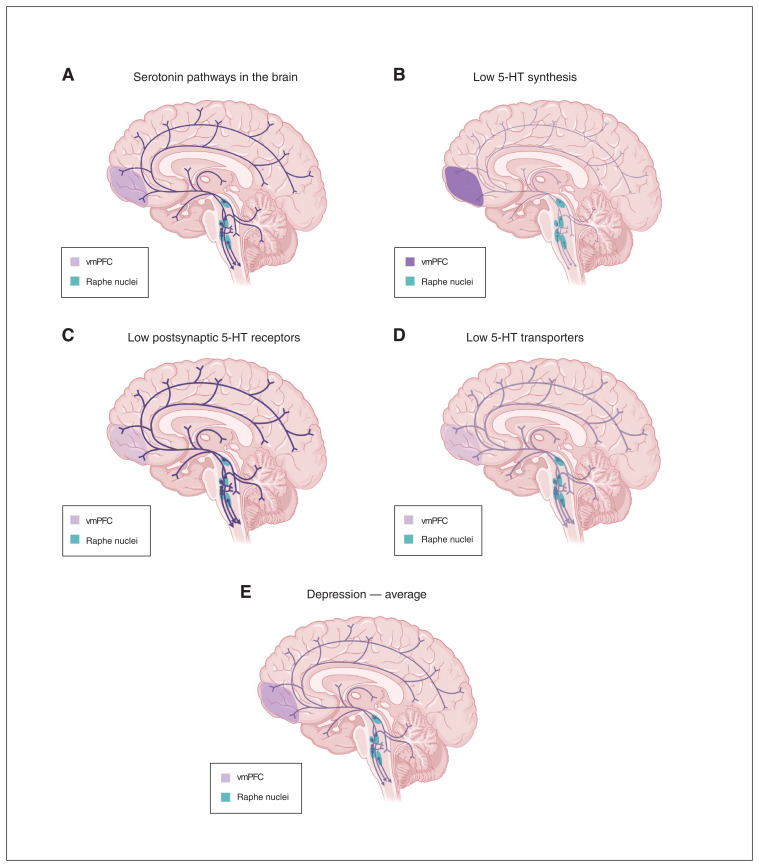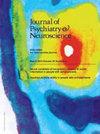Does serotonin matter in depression?
IF 4.1
2区 医学
Q2 NEUROSCIENCES
Journal of Psychiatry & Neuroscience
Pub Date : 2023-10-19
Print Date: 2023-09-01
DOI:10.1503/jpn.230130
引用次数: 0
Abstract
Serotonin (5-HT) neurons constitute a tiny fraction of neurons in the brain (300 000 out of a billion neurons in human brain [0.03%]), yet they send projections to virtually all regions of the brain. 1 The 5-HT system has been the target of multiple therapeutic drugs, like selective serotonin reuptake inhibitors (SSRIs), approved to treat major depressive disorder by the US Food and Drug Administration since 1987 2 and with indications for several mental health conditions including anxiety, compulsions and eating disorders. 3 More recently, psychedelic drugs targeting 5-HT receptors have been receiving attention for their behavioural actions, which are powerful yet variable among individuals. 4 It is perhaps because of this breadth of actions that it has been difficult to define how 5-HT modulates specific brain regions to alter behaviour. The underlying complexity of the serotonin system can lead to contradictory findings, as argued by Moncrieff and colleagues. 5 Yet, as discussed in this editorial, through consideration of how the 5-HT system works and the limitations of methods used we can also understand why different groups may obtain different or even contradictory results. Moncrieff and colleagues 5 present a systematic umbrella review of studies reviewing different aspects of 5-HT related to depression. Unfortunately, the umbrella approach tends to muddy the waters. A good example is the inconsistent association of lower regional 5-HT 1A receptor levels with depression. 6–9 Without knowing the specifics of the probe (antagonist v. agonist 10 ), method (positron emission tomography [PET] v. postmortem), 7 use of a reference region compared with arterial input (e.g., in PET 9 ) and regions affected (e.g., presynaptic v. postsynaptic 5-HT 1A that have

血清素在抑郁症中起作用吗?
本文章由计算机程序翻译,如有差异,请以英文原文为准。
求助全文
约1分钟内获得全文
求助全文
来源期刊
CiteScore
6.80
自引率
2.30%
发文量
51
审稿时长
2 months
期刊介绍:
The Journal of Psychiatry & Neuroscience publishes papers at the intersection of psychiatry and neuroscience that advance our understanding of the neural mechanisms involved in the etiology and treatment of psychiatric disorders. This includes studies on patients with psychiatric disorders, healthy humans, and experimental animals as well as studies in vitro. Original research articles, including clinical trials with a mechanistic component, and review papers will be considered.

 求助内容:
求助内容: 应助结果提醒方式:
应助结果提醒方式:


